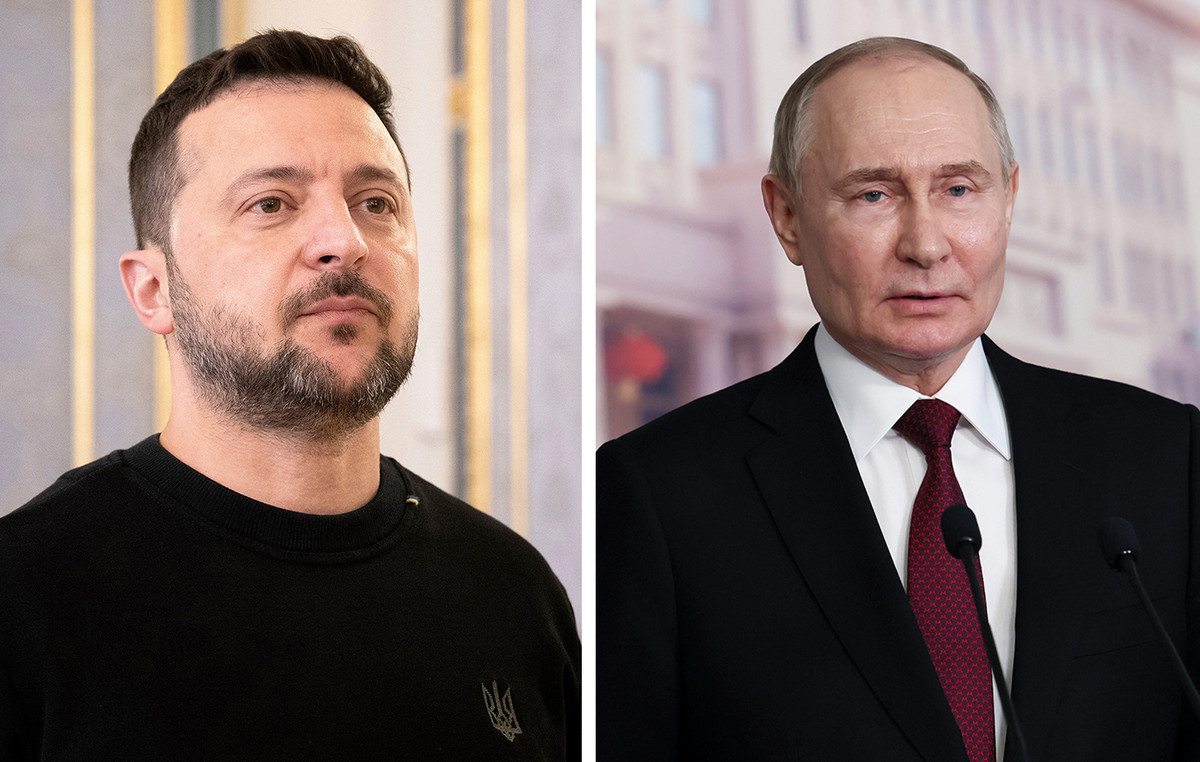«I am pleased that the government wanted to do it quickly fill a legislative void». Chiara Ferragni, after the green light from the Council of Ministers to the so-called bill that bears her name (and which provides for fines of up to 50 thousand euros, sanctions also published on the sites of influencers and responsible producers and the one-year suspension of activity), she says she is satisfied. «What happened to me made me understand what it's like It is essential to regulate charitable activities with clear rules combined with commercial initiatives”, explained the digital entrepreneur in a note. «This legislative decree allows us to fill a gap which on the one hand prevents us from falling into error, but on the other it avoids the risk that from now on anyone who wants to carry out charitable activities in full transparency will desist for fear of being accused of committing an illicit activity.”
Chiara Ferragni is investigated for the charity issue linked to the Balocco pandoro, for the Dolci Preziosi Easter eggs and for the Trudi doll. Meanwhile, other brands are distancing themselves from the digital entrepreneur. The latest in chronological order is Oreo, with which the influencer had created one capsule collectionand who wanted to underline that the collaboration did not include any charitable agreement.
On the Ferragni law, however, Codacons remains perplexed. «If on the one hand it is correct to apply the rules on transparency also to influencers, on the other hand it is clear that for these subjects it is impossible to achieve a clear separation between charitable activities and commercial activities», as explained by president Carlo Rienzi. «Influencers, in fact, get rich by launching solidarity operations on social media, through an increase in followers and interactions which increases their commercial power and, consequently, their earnings». Not only: “An influencer receives up to 75 thousand euros for each single post that publishes: this means that a maximum fine of 50 thousand euros, as provided for by the new law, is absolutely inadequate to guarantee fairness towards consumers, and it would have been better to adopt more incisive measures and more stringent limits towards those who operate on social networks ».
Source: Vanity Fair
I’m Susan Karen, a professional writer and editor at World Stock Market. I specialize in Entertainment news, writing stories that keep readers informed on all the latest developments in the industry. With over five years of experience in creating engaging content and copywriting for various media outlets, I have grown to become an invaluable asset to any team.







